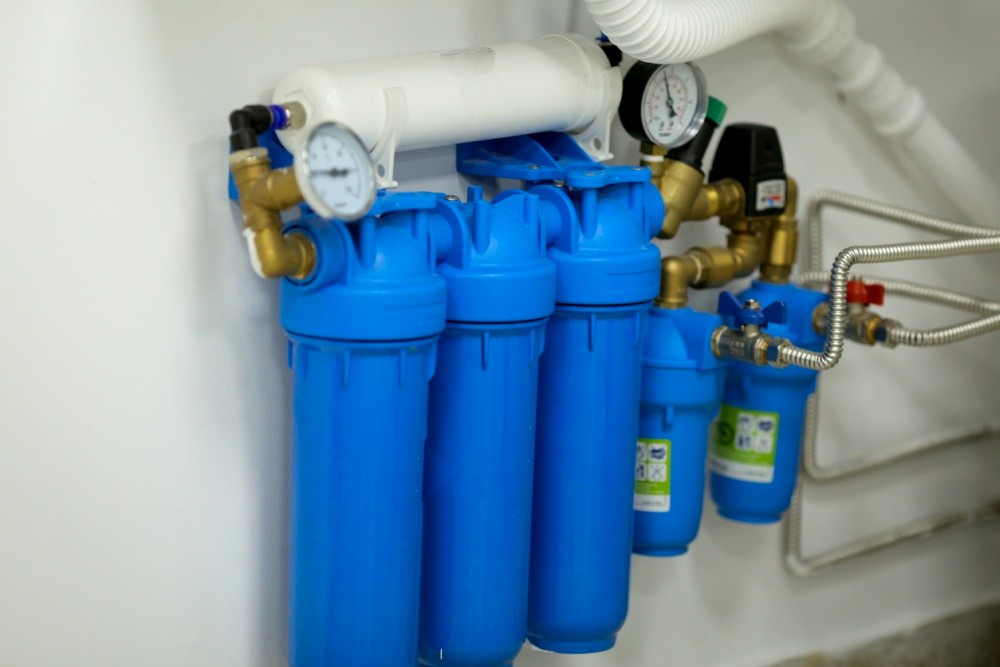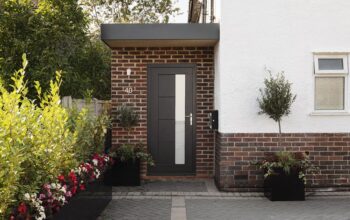Due to the presence of hard water, certain homes may have persistent problems. Any water-using device might suffer damage from hard water, including pipelines and plumbing. Yet, the drying effects of a shower under hard water conditions may also harm your skin and hair. The use of hard water also results in the unpleasant consequences of limescale and soap scum accumulation. Your home’s water softener may be the solution to these troubles as it may help you encounter these frequent issues less often or possibly never at all. Identifying the suitable softener size for your house is the first step in making sure you have the best water softener possible. While understanding the variables that went into this advice is helpful, working with a local Earthly water specialist is the best approach to ensure that you obtain the correct solution for your property.
What factors should I consider while choosing a water softener?
The amount of water your family consumes, the size of the water softener that needs be installed, and the flow rate throughout the home all rely on how hard your water is. You may choose a water softener for your house by taking these aspects into consideration.
Keep in mind that although considering these variables may help you choose the kind of water softener that is best for your house, you should always consult a professional before making a purchase. A competent expert can test the water in your house and provide you precise advice depending on the findings.
Calculating the Roughness Level of the Water
Calcium and magnesium are the most common dissolved elements that cause hard water to form. A rate, often expressed in grains per gallon, parts per million, or milligrammes per litre, indicates the amount of calcium carbonate or calcium carbonate equivalents present in a given volume of water.
You may do tests there to determine the degree of hardness in the water brought to your house. To get the most accurate information and recommendations on what to do next, you should get your household’s water supply tested by a water specialist. After we have the necessary data, we may discuss your softener’s grain capacity.
What exactly is meant when someone refers to grain capacity?
A water softener’s “grain capacity” is the number of minerals contributing to water hardness that it can expel before needing regeneration. This quantity is expressed in grains. The resin beads are given a final rinse with a brine solution once the resin media in the softener tank has thoroughly saturated the resin beads with hardness ions. This allows them to continue running efficiently.
Although certain water conditioners may operate without salt, salt is usually required for water softeners during the regeneration process.
Considering These Factors While Evaluating The Effectiveness Of The Water Softener
Let’s look at an illustration to show how all these elements combine to help a homeowner choose the best water softener. How much water would you need daily if there are six people living in your house and everyone consumes 75 gallons per day? Your household will need 450 gallons of water in this situation.




